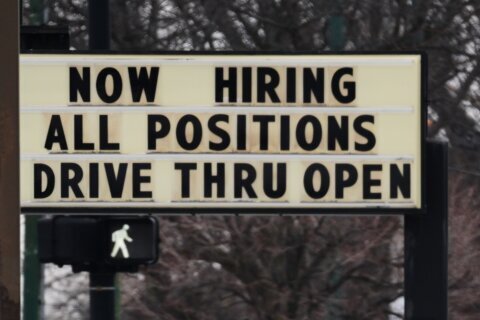Airbnb and the International Olympic Committee announced a new partnership Monday that will expand the availability of housing in host cities and could reel in the ballooning costs of hosting the sport spectacle.
The deal is “economically empowering, socially inclusive and environmentally sustainable,” the IOC and Airbnb said in a joint statement.
The deal means that some Airbnb housing will be made available for visitors and workers. The new housing options could reduce the need to build new hotels. The IOC confirmed to CNN Business that the Olympic Village, where competing athletes stay, won’t be replaced with Airbnb housing.
Olympic host cities have to plan, pay for and construct massive infrastructure projects that costs billions of dollars — much of it with taxpayer money. Thousands of hotel rooms must be built to house athletes and tourists. Once the event is over, cities complain about the infrastructure that goes unused. And the promised economic returns rarely come to fruition.
The deal begins at next year’s summer games in Tokyo and covers five summer and winter games through 2028 in some of the world’s top tourist cities, including Paris, Milan and Los Angeles. Financial terms weren’t disclosed.
Airbnb also becomes a global partner, meaning the brand will be featured along with the world’s top most recognizable including Visa, Coca-Cola and Alibaba. The visibility will give Airbnb a boost ahead of its upcoming IPO that could happen in 2020.
The move could also help polish Airbnb’s image. Several cities around the world have been battling the short-term housing company for “overtourism,” i.e. the number of tourists outnumber the amount of locals and make living unaffordable.
For example, Barcelona approved new regulations that would curb hotel construction in the downtown area and put a cap on private home rentals in 2017. Other cities, like Amsterdam, London, Paris and Jersey City, have followed. Airbnb has fought back and imposed rental limits and said it has worked with local governments on new home-sharing rules.
The company has introduced a program called “One Host, One Home” to stop individuals from listing and promoting multiple properties on the platform in some cities.







